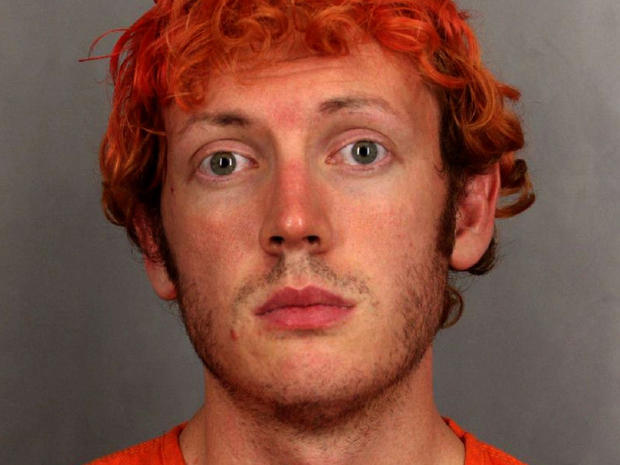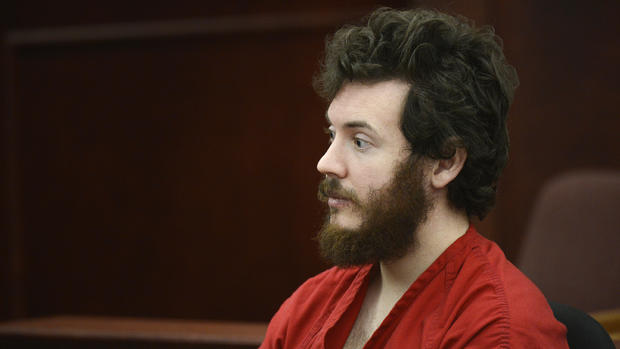James Holmes' behavior raised red flags at Alabama university, records show
(CBS/AP) DENVER - Professors at the University of Alabama at Birmingham described James Holmes as an excellent candidate for their neuroscience program in February 2011, but rejected him anyway after his behavior raised concerns.
Pictures: The Colorado massacre suspect
The university on Thursday released the application of the man accused of the Colorado movie theater shooting rampage, including interview forms from his visit to the school.
Professors described him as a top-notch student and shy. One professor doubted whether he wanted Holmes in his lab, noting that "he may be extremely smart, but difficult to engage."
Another wrote: "His personality may not be as engaging as some applicants, but he is going to be a leader."
The application was obtained from the school. According to admissions experts, federal privacy laws do not cover graduate student applications.
Holmes later enrolled as a first-year Ph.D. student in a neuroscience program at the University of Colorado (CU) Denver. He withdrew about six weeks before the July 20 attack in Aurora, a Denver suburb.
Prosecutors say the 24-year-old opened fire during a midnight showing of the latest Batman movie, "The Dark Knight Rises," killing 12 people and injuring 58 others.
Holmes also raised concerns at CU where university psychiatrist Lynne Fenton said she contacted police in June after a meeting with Holmes.
Defense attorneys claim Holmes is mentally ill and sought help from Fenton, while prosecutors paint a picture of a man angry at the failure of a once-promising academic career.
Prosecutors say Holmes had failed a key oral exam in June at about the same time he was stockpiling guns, ammunition and body armor.
The University of Iowa also rejected Holmes' application.
Michael Reilly, executive director of the American Association of Collegiate Registrars and Admissions Officers, said graduate applicants are not covered by federal student privacy laws and there are no reporting requirements if somebody raises a concern.
Reilly said the graduate candidate interviews are more detailed because the programs involve working with a research professor in a close lab setting for a number of years.
"They want to read a little more closely the responses of applicants that this is somebody who is not just bright, but sane and focused," Reilly said.
He said screening applicants who are intelligent but socially awkward could be a topic for a study session at the organization's convention. Members of the organization include most of the major not-for-profit and public universities including the University of Iowa, University of Colorado and the University of Alabama.
Complete coverage of the Colorado movie theater shooting

